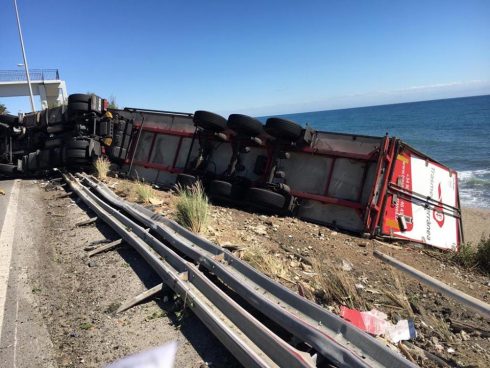HOTTER temperatures as a brake on the coronavirus is nothing more than, well, what it says: hot air.
A temperature raise has little or no effect on a virus, and countries with warmer climates are still suffering outbreaks of COVID-19.
But nevertheless, one of the many coronavirus myths has been that blasting heat from a hairdryer into the nose and throat can cure the onset of the disease.
This folk treatment will likely produce more damage to those mucous membranes and might actually encourage a focus for further infection.
Let’s bust a few more myths:
- Breathing in and holding the breath to see if it produces pain is not a reliable test – many have circulated this false advice on social media.
- Antibiotics do not work against viruses; they only work on bacterial infections. The novel coronavirus is a virus and, therefore, antibiotics should not be used as a means of prevention or treatment. However, if you are hospitalised, you may receive antibiotics because bacterial co-infection is possible – this is simply to save the body from multiple infections which could be fatal.
- Chlorine dioxide, hydroxycholroquine, essential oils, silver, elderberry and garlic are being advertised as ‘cures for COVID-19 – they are not. None of these have any effect and could be potentially harmful. Garlic is a natural antiseptic but will have no effect to kill the virus.
- Gargling with salt water is an effective way of easing a sore throat, but it is short lived and will have no effect on the virus itself.
- Some of the non-steroidal anti-inflammatory drugs, such as ibuprofen, can impair lung function. This is why you should never take them if you are asthmatic. French doctors are seeing coronavirus sufferers made worse by using ibuprofen. Use paracetamol instead.
The most common symptoms of coronavirus (COVID-19) are recent onset of a new continuous cough and/or high temperature. If you have these symptoms, however mild, stay at home and stay away from others for at least 7 days from when your symptoms started.
If your symptoms worsen during home isolation or are no better after 7 days, contact your local COVID-19 helpline.
Wash your hands more often than usual, for 20 seconds using soap and hot water, particularly after coughing, sneezing and blowing your nose, or after being in public areas where other people are doing so. Use hand sanitiser with a minimum of 65% alcohol if that’s all you have access to.
To reduce the spread of germs when you cough or sneeze, cover your mouth and nose with a tissue, or your sleeve (not your hands) if you don’t have a tissue, and throw the tissue away immediately. Then wash your hands or use a hand sanitising gel.
Clean and disinfect regularly touched objects and surfaces using your regular cleaning products to reduce the risk of passing the infection on to other people.
The only effective test for coronavirus is a blood test, administered by a doctor or hospital.
Jeremy Kenton N.D. D.O.
+ 34 603 831 567
Suite 1.16, Centro Commercial, Avenida del Pla 126, Javea, Alicante, Spain
www.osteopath-kenton.co.uk











